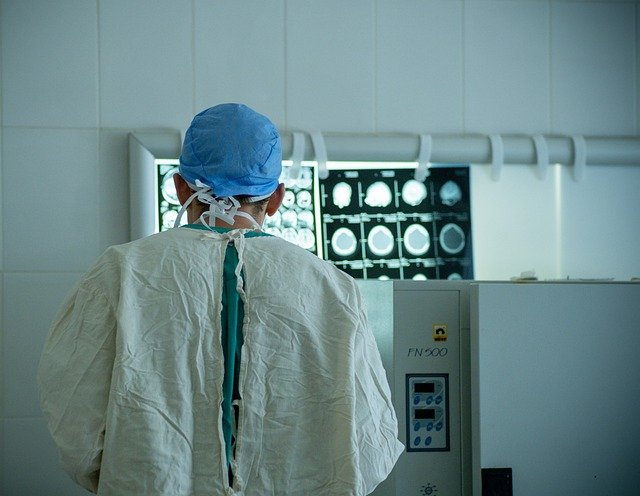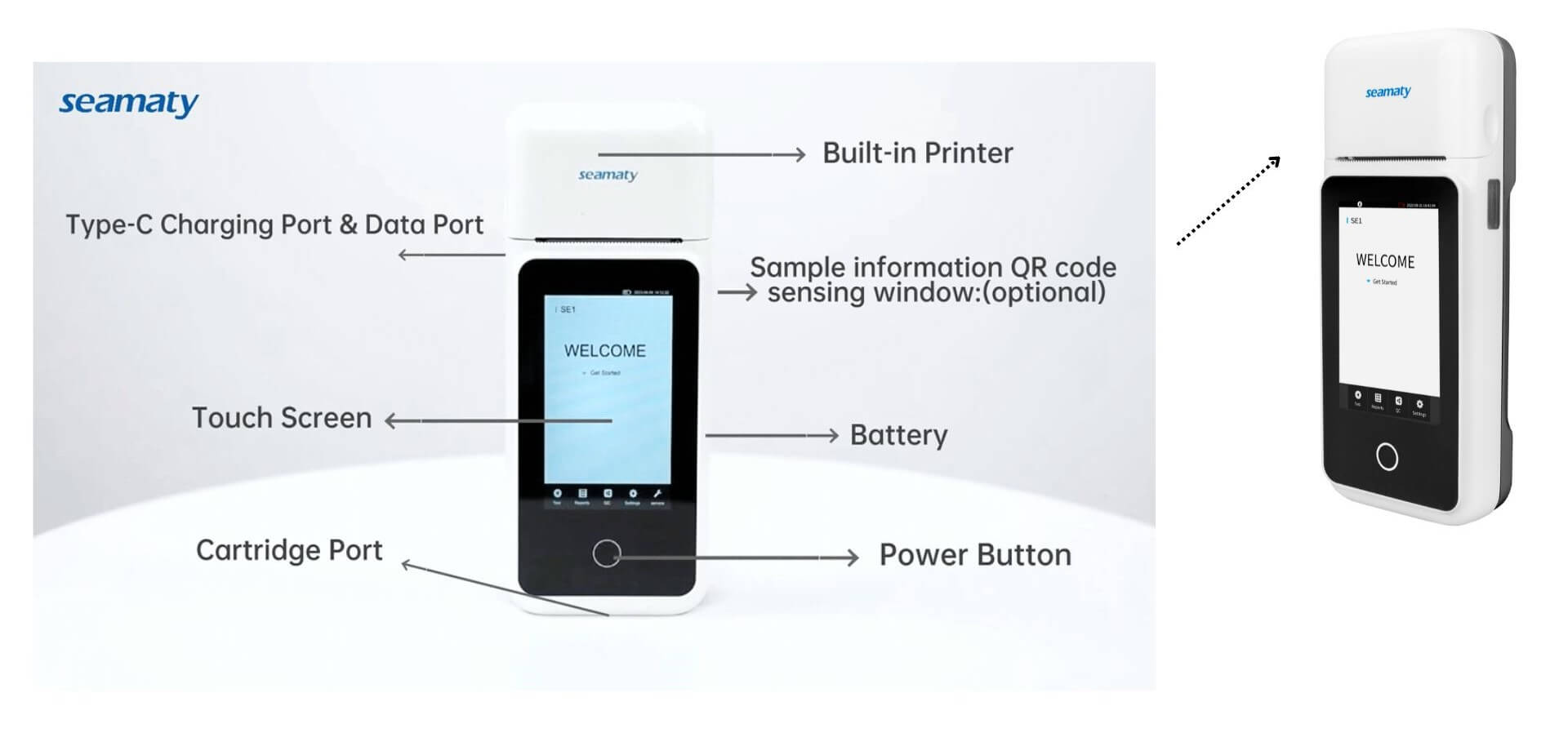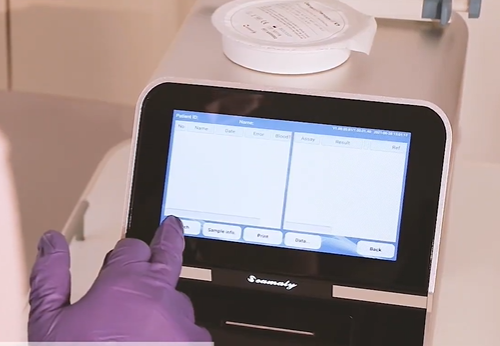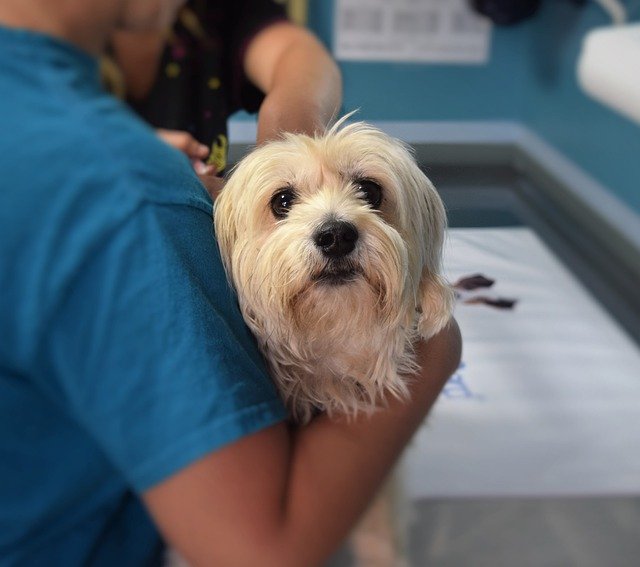release time:2022-02-17 15:51:45

The CT exam does not take particularly long to scan an area, and the scan is usually finished in about 10 minutes after the pose is completed.
More Reading
Why do pets need MRI? - Difference From DR, Ultrasound and CT?

2023-08-23
Discover how to pick the perfect electrolyte analyzer for small to mid-sized clinics. Learn about different types, benefits, and Seamaty's SE1 electrolyte analyzer, enhancing patient care with its portable precision.

2022-07-05
The earliest blood testing machines were based on the principles of capacitance and photoelectric colorimetry, which could only determine red blood cells and white blood cells, and were susceptible to interference from a variety of factors.

2022-01-13
1.Pet Care Tips:Dogs' happiness, anger sadness and lonely .When happy, will be jumping constantly, with front legs on the ground or tail wagging vigorously from side to side, ears wiggling back.